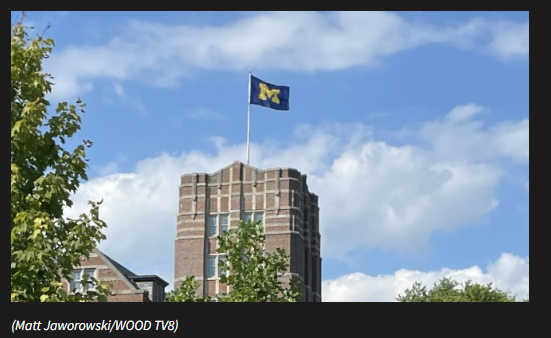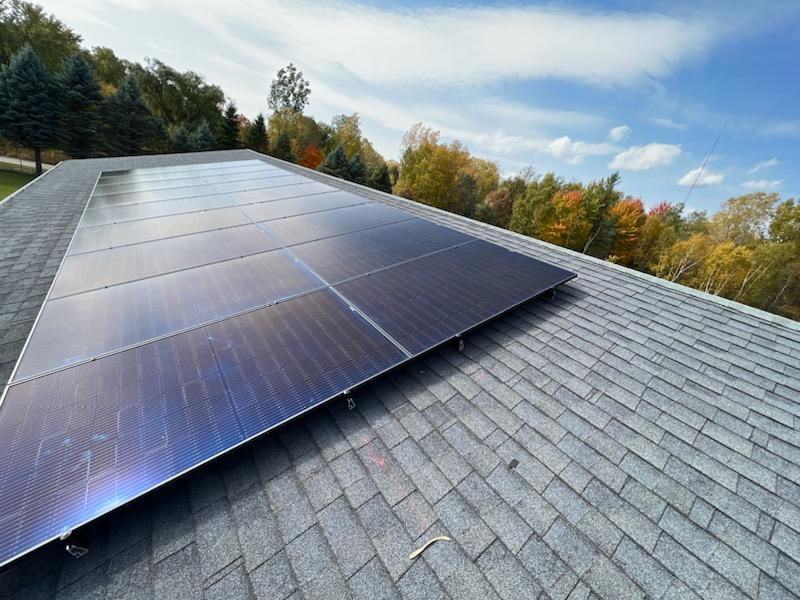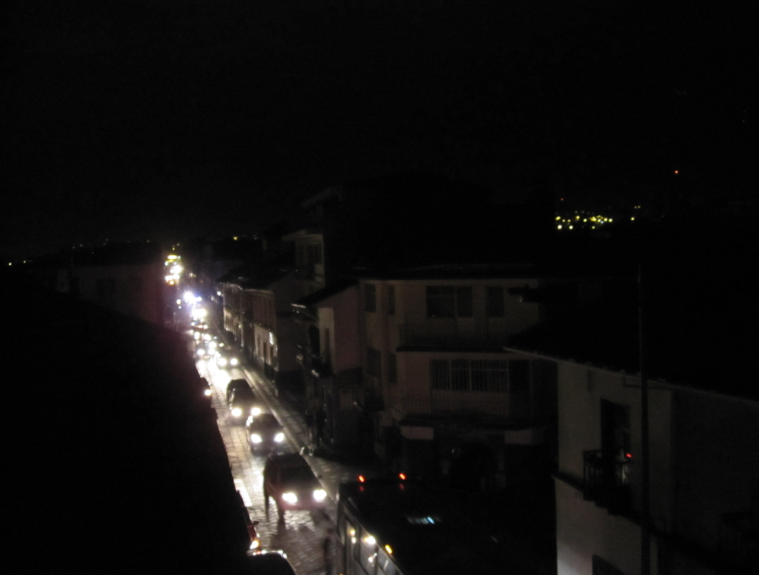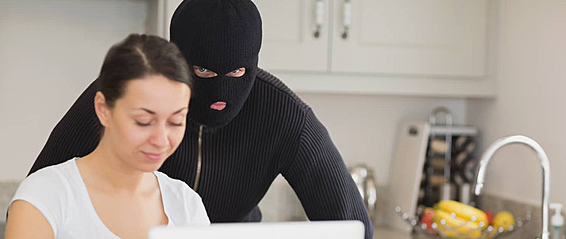Blog
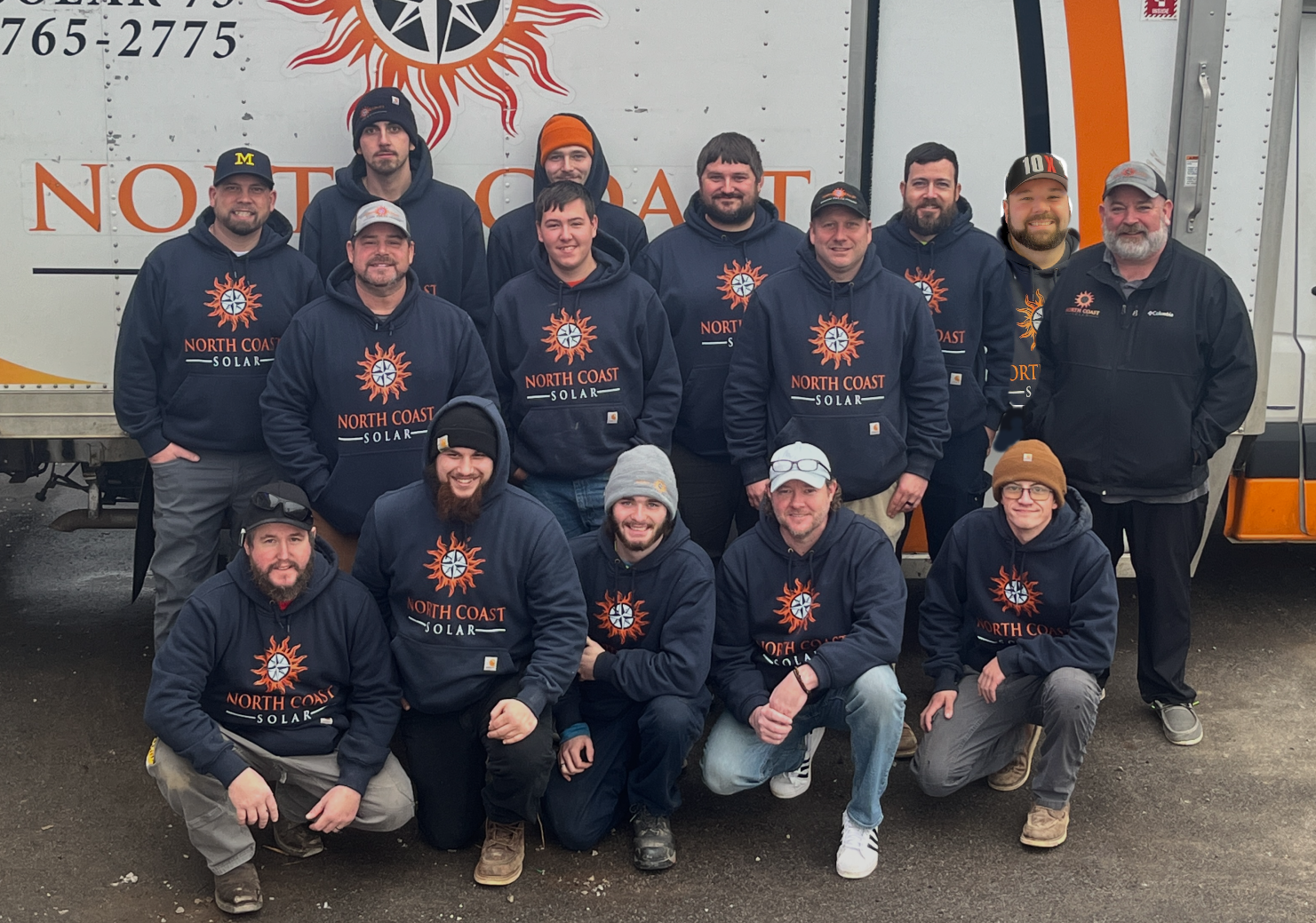
May 15, 2024
The value of an all in-house or sub-contract, depends on several factors and can vary based on the specific needs of a project or organization. Here are some considerations: 1. Control and coordination: An all in-house contractor provides direct control over the project as they have complete authority over their employees. This can facilitate better coordination, communication, and quicker decision-making. In contrast, a contractor that subcontracts work may have less control over the final output and project timelines due to dependencies on multiple subcontractors. 2. Expertise and specialization: An all in-house contractor may have a team of specialized professionals with specific skills and experience, resulting in better quality work. They can train their employees according to their specific requirements and maintain a consistent level of expertise. Subcontractors, on the other hand, may bring different skill sets and specialized knowledge, allowing for more flexibility and access to a wider range of expertise. 3. Risk management: With an all in-house contractor, the organization has more direct control over assessing and managing risks associated with the project. This includes factors like reputation, quality control, and compliance with regulations. When sub-contracting, the responsibility for risk management may be distributed among multiple parties, requiring efficient coordination. 4. Relationship management: An all in-house contractor can build stronger relationships with the organization and stakeholders over time, leading to better understanding of project requirements and long-term collaboration. Subcontractors may have less direct engagement with the organization, affecting the depth of the relationship and potentially impacting alignment of goals. Ultimately, the decision of whether an all in-house or sub-contracting contractor is more valuable depends on the specific needs and preferences of the project or organization. Some projects may require the control and specialized expertise offered by an all in-house contractor, while others may benefit from the flexibility and cost-effectiveness of sub-contracting.New paragraph
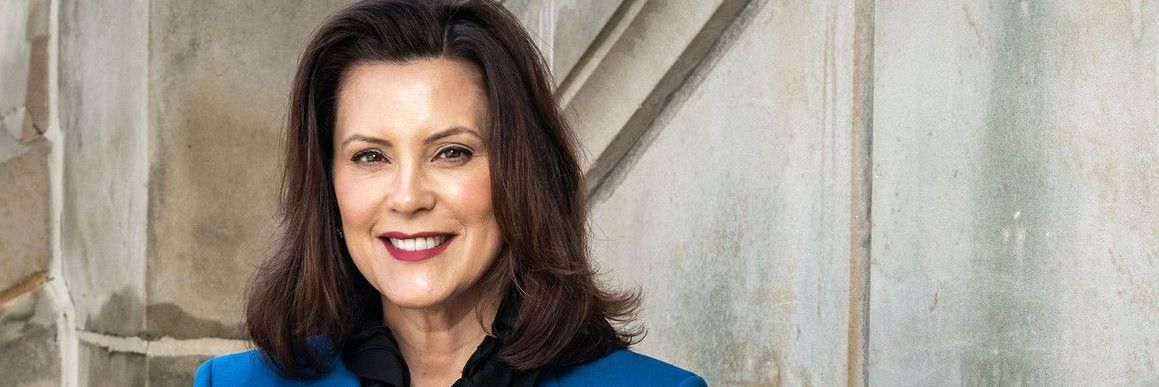
May 3, 2024
CREDIT: https://www.michigan.gov/mpsc/regulatory/ratemaking#:~:text=One%20of%20the%20key%20functions,utilities%20and%20member%2Dregulated%20cooperatives. One of the key functions of the MPSC (Michigan Public Service Commission)is to set rates charged by regulated electric and natural gas utility companies. The MPSC has the statutory authority to regulate rates for all public utilities in Michigan except municipally owned utilities and member-regulated cooperatives. Rate Case Process A regulated utility cannot increase its rates without Commission approval. A utility must file a request to increase rates through the MPSC’s rate case process which provides MPSC Staff and other intervenors the ability to scrutinize requests through a contested case proceeding. Similar to how a judge functions in court, an Administrative Law Judge (ALJ) is an attorney that presides over rate case proceedings – setting the schedule, hearing motions from parties to the case, and overseeing cross-examination of witnesses. Intervenors in the case are able to submit testimony and exhibits, cross examine witnesses, and file legal briefs on issues in the case. The ALJ reviews the evidentiary record and makes findings in the form of a proposal for decision, or PFD. The Commission takes the PFD under consideration and has 10 months from the date the utility filed the application to issue a final decision through an order. In the ratemaking process, a portion of the power, natural gas, and steam supply costs are recovered through a base amount that is included in base rates. The costs that exceed the base amount included are recovered through Power Supply Cost Recovery (PSCR), Gas Cost Recovery (GCR), and Steam Supply Cost Recovery (SSCR) surcharges that tend to fluctuate and may vary from month to month. These costs are reconciled every year to recover actual fuel and purchased power costs and the cost of transmission service following a prudence review. To learn more about rates cases and the rate case process, see the MPSC’s Rate Case Issue Brief . If you’re interested in participating in a proceeding before the Commission, information on how to get involved can be found here . Current Open Rate Cases Rate Case Filing Requirements Following the 2016 energy law , the MPSC established standard filing requirements for rate cases that are used by each regulated utility when it files its rate case application. The Rate Case Filing Requirements contain three parts. Part I contains instructions for filing, including providing a notice in the case docket, information required in the filing, and the format of filed exhibits. Part II requires certain reports to be included in the filing such as the most recent two years of the utility’s Annual Reports, the Annual Report to the SEC, the four most recent quarterly reports to shareholders, and bond and other financial prospectuses during the past two years. Part III contains forms and instructions for supplemental data and rate case process, schedule and discovery guidelines. The MPSC Staff will convene a new stakeholder collaborative on the rate case filing requirements as directed by the Commission in Case No. U-18238 .
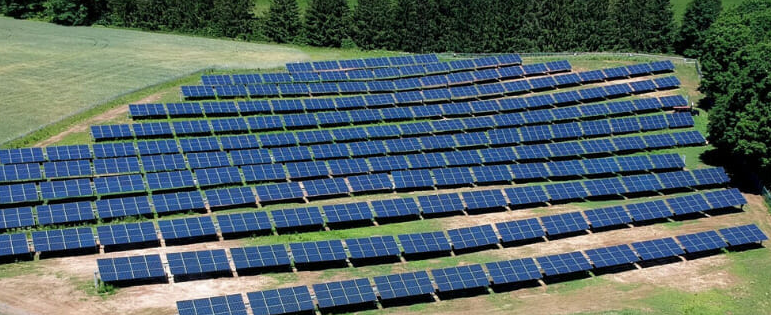
April 29, 2024
Construction on Muskegon County 250-megawatt solar energy facility begins in April. The project is expected to create enough renewable energy to power 40,000 homes Consumers Energy and the Muskegon County Resource Recovery Center are partnering up to build a large-scale solar project . Using about 1,900 acres of land, the project will begin construction in April and is slated to be fully operational sometime in 2026. The Muskegon Solar Energy Center facility will produce 250-megawatts of energy, enough to power about 40,000 homes. “Consumers Energy has some of the most aggressive clean energy goals in the nation, and projects like this are a critical part of achieving those goals,” said David Hicks, Consumers Energy vice president of clean energy development. “Partnering with an organization like the Muskegon County Resource Recovery Center, with its long history of service to the county, combined with the benefits of solar energy and the revenues this agreement can provide, is truly a win-win for all parties.” Consumers Energy said solar panels are installed to reduce visible glare, and the panels do not make noise. The facility will be located within the Resource Recovery Center, a massive facility in Muskegon County that treats wastewater in the region. “This solar farm fulfills the vision of the Muskegon County Commissioners,” said Dave Johnson, director of the Resource Recovery Center. “It will benefit the users of the Muskegon County wastewater system as well as Moorland Township and the Ravenna School District. The solar project seems like a good fit ― it’s something we’re proud of and thankful for.” CREDIT: 13 ON YOUR SIDE Staff .

April 26, 2024
Through a $156million Grant from the Environmental Protection Agency, lower income Michiganders may see solar become much more affordable in the near future. The Michigan Department of Environment, Great Lakes, and Energy (EGLE) says this Solar for All program is designed to make solar more accessible and save residents money. “Here in Michigan, we got $156 million to help get solar to low-income households across Michigan and make sure that solar and the associated energy efficiency upgrades can save folks money, help them upgrade their homes and increase access to federal funding and energy savings,” EGLE Chief Climate Officer Corey Connolly said. Connolly says there will be public input sessions in lower Michigan before the money is distributed. He expects the federal funding to be rolled out this fall.
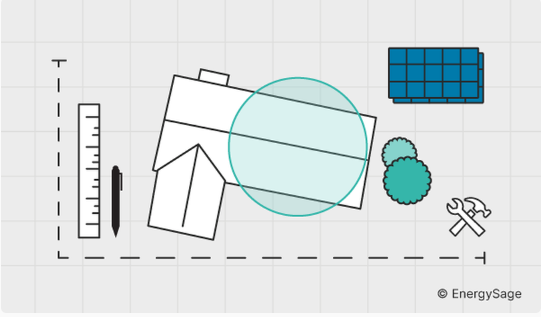
April 26, 2024
CREDIT: energysage.com Whether you’re curious about DIY solar installation to cut costs or you just want the challenge of a new project, you can certainly try your hand at building a solar panel system. We just wouldn't recommend it for most people, especially if you lack electrical training. While smaller systems like off-grid RV or boat applications may be manageable, attempting to power your entire home without professional experience could pose significant dangers. Before you grab your toolbox, let’s weigh the pros and cons of DIY solar panels to help you decide if the risks are worth the reward. KEY TAKEAWAYS Smaller off-grid systems for things like RVs, vans, and boats are best for DIY solar panels. We don't recommend installing larger solar panel systems without professional experience. Home DIY solar panel systems cost about 10% less than a professional solar installation. Solar panel warranties are often not applied to DIY solar installations. Without the proper warranties, DIY setups require much more maintenance than those installed by a certified installer. You may be unable to connect to the utility grid if you install solar panels yourself. Can you install solar panels yourself? Solar incentives dramatically reduce the cost of going solar, but you’ll still have to invest $20,000+ upfront . While solar saves you money in the long run, that initial five-figure bill can give pause to anyone. If you find yourself looking for creative solutions to cut costs, you’re not alone. A do-it-yourself (DIY) solar panel installation may be tempting, but it could cost you more in the long run. DIY solar panels will only save you about 10% of your total bill . With the risk of improper installation, lack of access to high-quality equipment, and the extra time it takes to install the panels and complete the administrative work installers generally handle for you, that extra 10% becomes well worth it. For a home solar panel system, work with a solar installer Home solar panel installations require electrical, roofing, and other skilled work. No amount of online research or DIY guides can replicate the decades-long experience of top solar companies . An amateur installation not only poses a higher risk for system errors, but it can also put you in harm’s way physically and potentially damage your home. A professional solar panel installation is qualified & protected Solar companies are held to a certain standard that allows them to provide experienced insight and, ultimately, help you install a system that best fits your needs. Every state requires that installers are licensed and qualified to install solar. Additionally, independent certifications like the North American Board of Certified Energy Practitioners (NABCEP) Solar PV Installation Professional Certification ensure that these professionals understand the installation process intimately. Solar panel warranties protect your investment, making them vital to maximizing your savings. DIY installations have no such guarantee. Many equipment manufacturers will only honor their warranties if a qualified installer has installed their equipment. Installers also commonly offer an additional guarantee to back up their work. Solar installers have access to high-quality equipment Solar installers typically purchase equipment from wholesale distributors, gaining access to some of the best solar panel brands at a lower price. Many of these brands aren’t available for the general public, even at retail prices. Given a DIY solar installation will only save you 10%, the equipment alone can make hiring a solar installer worth it. A professional solar installation maintains a grid connection Most homes with solar panel systems aren’t “off-grid,” even if they only use the electricity produced by their panels. You’ll want that utility connection on cloudy days when your panels don’t produce enough electricity to power your home fully, or if you plan on taking advantage of a net metering program . A DIY solar installation isn't the best solution if you intend to maintain a connection to utility energy. Your utility won't let you connect your system to the grid without a certified electrician's sign-off, and you’ll likely have a hard time finding an electrician to sign off on work they didn’t do themselves. Solar installers provide insight and submit applications for you If the risks associated with a DIY home solar installation aren’t an issue for you, the amount of research and paperwork you’ll be left to deal with yourself might be. Between financial incentives, local permits, and utility connection, the administrative work that comes with a solar panel system is considerable and complicated. Generally, solar installers complete the permits, licensing, and applications necessary to get your solar energy system running For small-scale off-grid installations, you can DIY it . DIY solar panel systems are best for constructing small off-grid systems to power a cabin, RV, boat, tiny home, etc. Solar panel kits are relatively inexpensive and include all the necessary components for a DIY solar installation, but you get what you pay for. DIY solar kits are of lesser quality than the equipment that solar installers can offer you. Inherently off-grid and mobile applications like RVs, boats, and the increasingly popular tiny houses are all opportunities to explore do-it-yourself solar. At home, small projects with relatively low energy demands are also suitable for a DIY approach; a small home solar kit can easily power a barn, a tool shed, or outdoor lights. Pros and cons of DIY solar panels and solar panel kits \ DIY panels can be an excellent option for going off the grid and for small home applications, but it’s probably best to go with a professional installer to power your entire home. Maintaining your DIY solar panel system Solar panel warranties are incredibly valuable and a massive benefit of working with a certified solar installer. Equipment and performance warranties provide support and coverage in the unlikely event of an issue. Those warranties don't come with a DIY solar power system, so you'll be on the hook for all upkeep, maintenance, and repairs for your solar system. You should be fine for the most part if you keep your panels clear of debris, but it could also cost you more if something goes wrong. Compare solar quotes on EnergySage If you're wavering between a DIY solar system and hiring a solar installer, receiving professional installation quotes may help you decide. Register on the EnergySage Marketplace to receive custom quotes from vetted installers in your area today. Connect with our unbiased team of Energy Advisors to better understand your options and go solar with confidence.
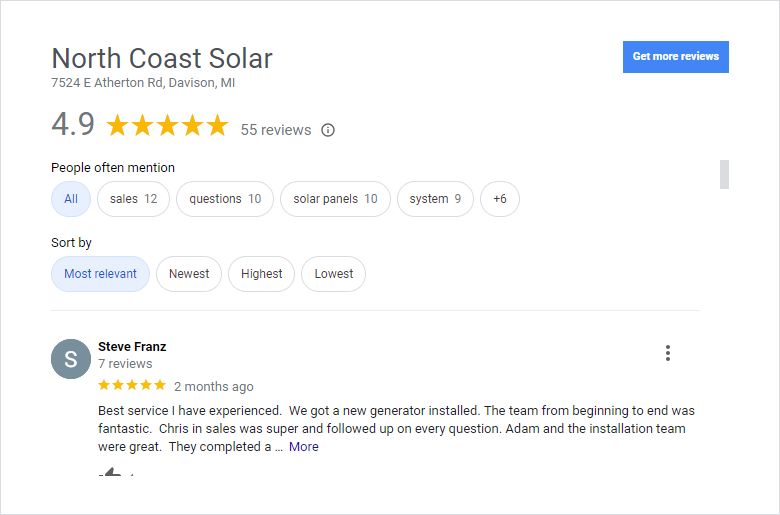
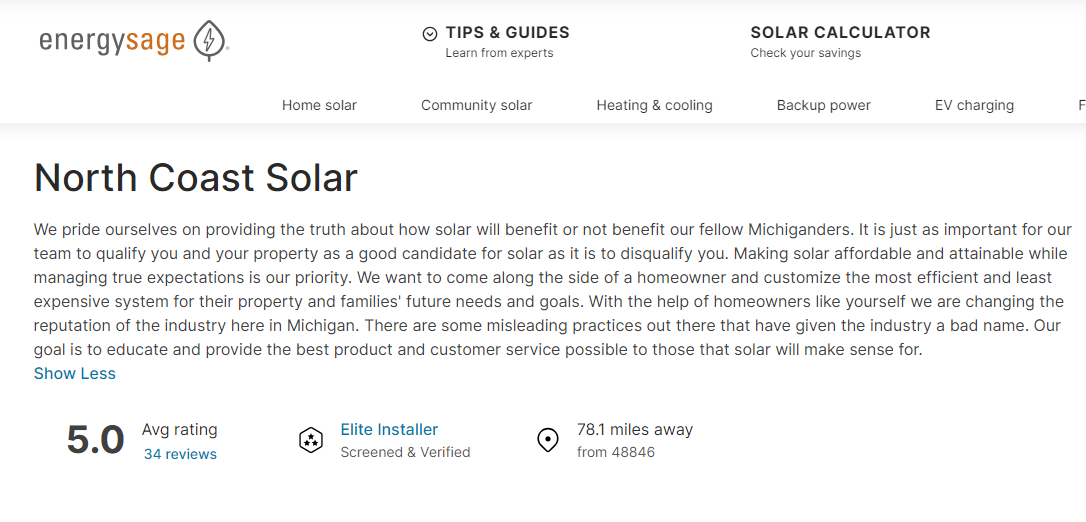
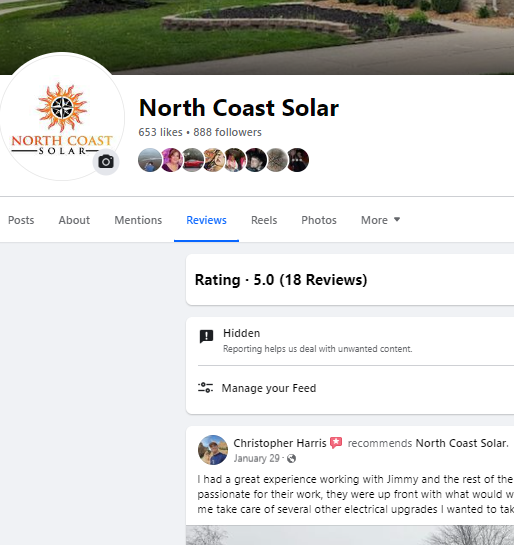
Phone: 833-765-2775
Email: info@northcoast-solar.com
Address: 7524 East Atherton Road Davison, MI 48423
Licensed | Bonded | Insured
Office Hours:
- Mon - Sat
- -
- Sunday
- Closed
Content, including images, displayed on this website is protected by copyright laws. Downloading, republication, retransmission or reproduction of content on this website is strictly prohibited. Terms of Use
| Privacy Policy


